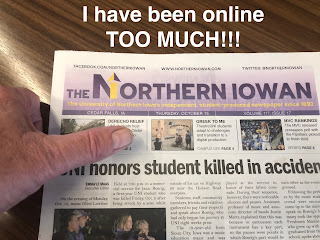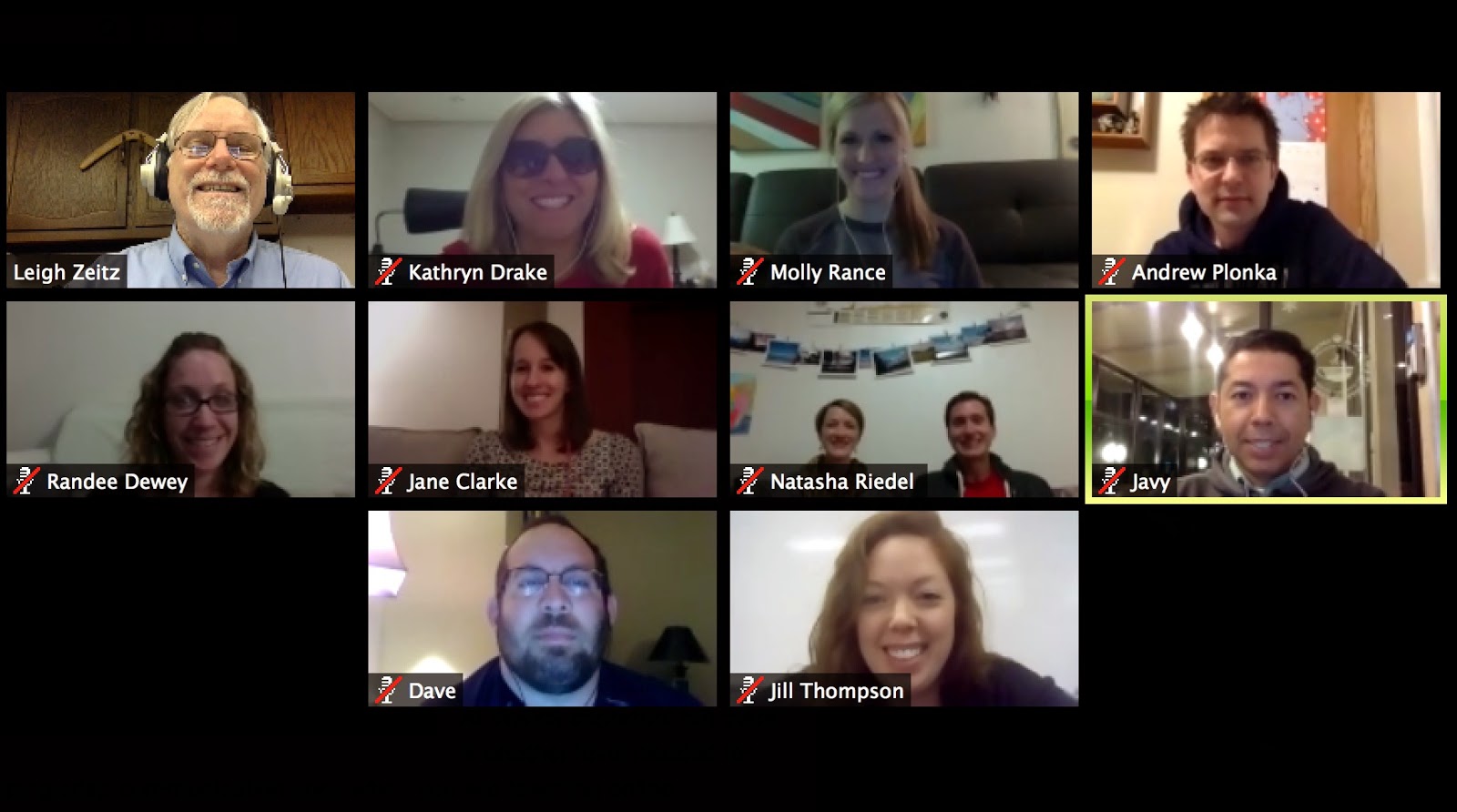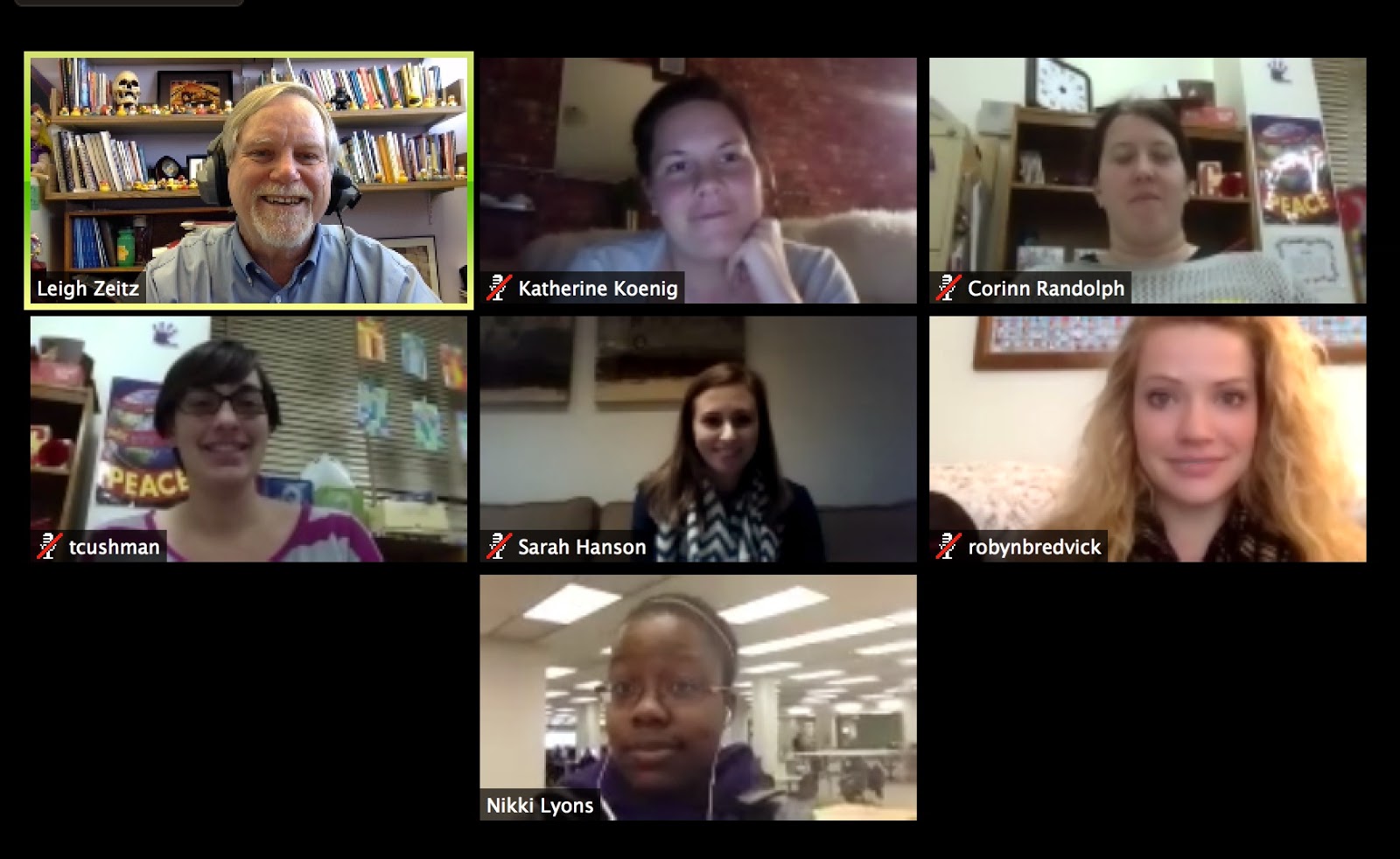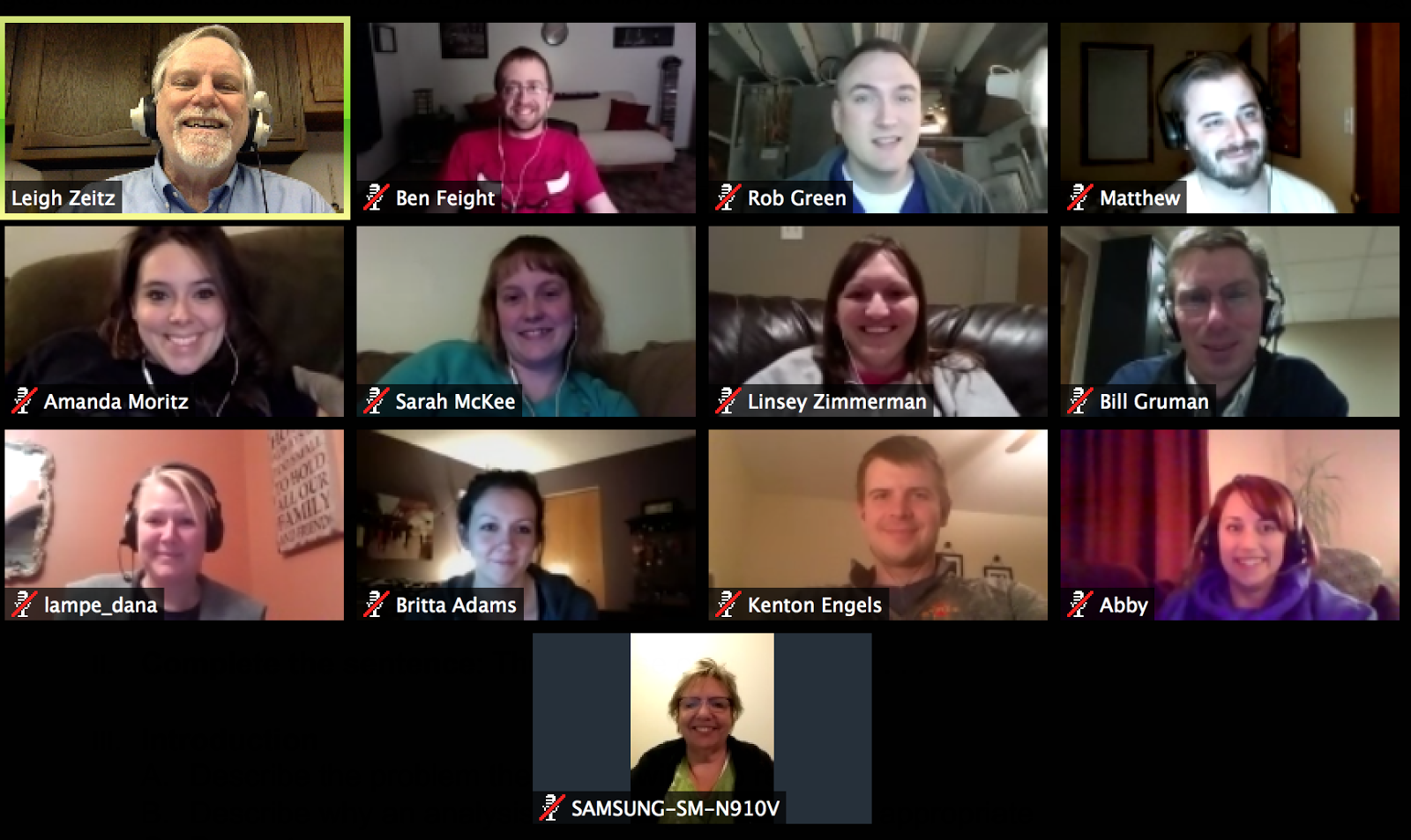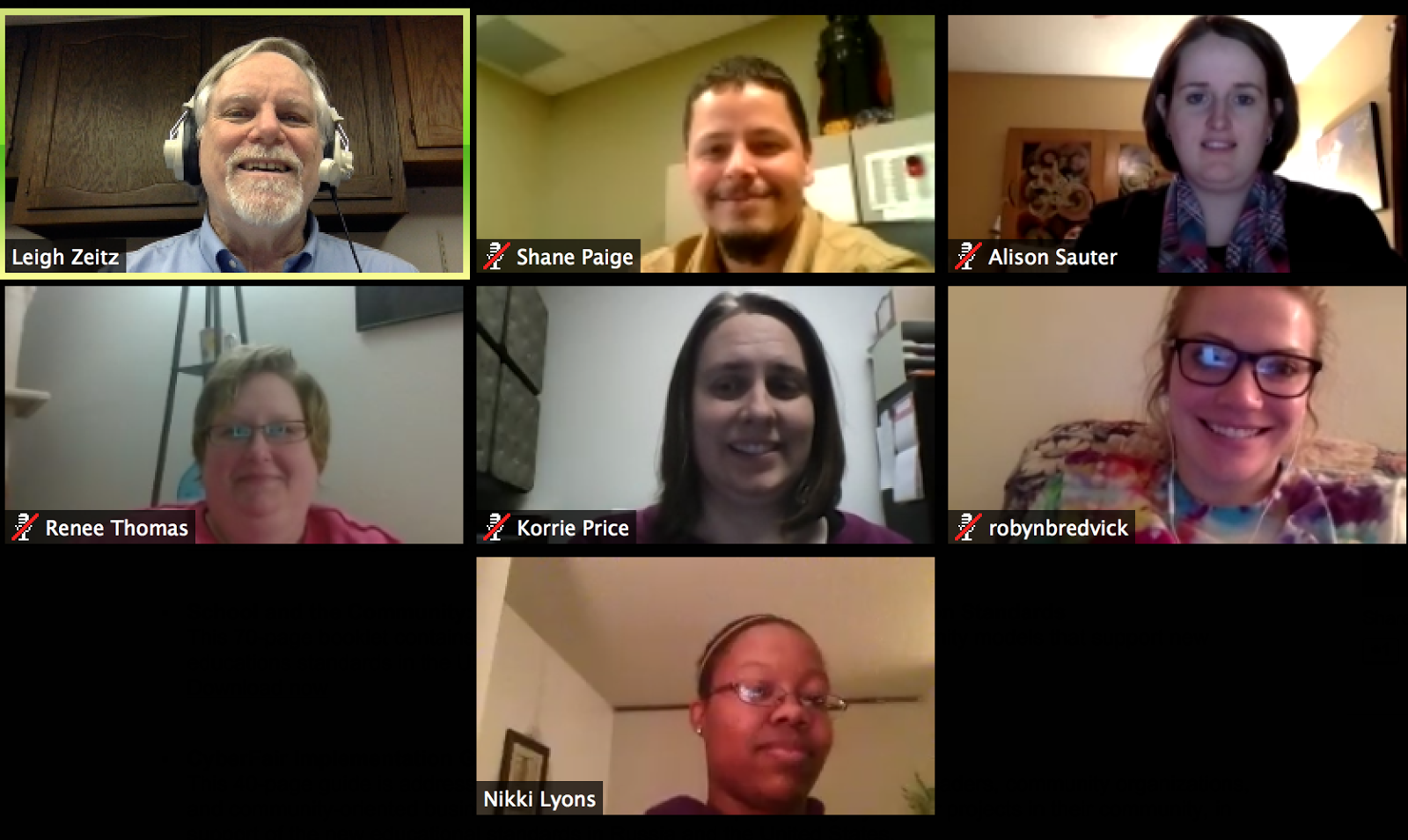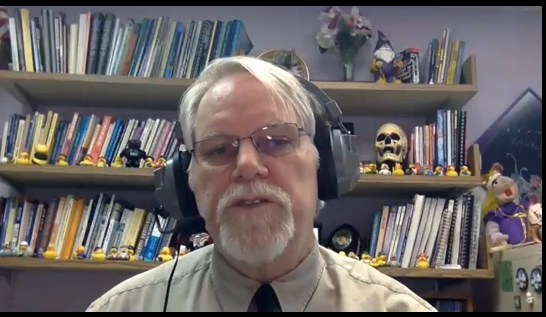IT'S BEEN TOO MUCH!!!
Today I returned to campus to sign some things and do some work. I have spent most of the last 7 months teaching from home in my basement. All of my classes have been online as well as my meetings.
Just for a change, I donned my mask and walked across campus to the Union. I purchased a chocolate milk, picked up a Northern Iowan to read, walked outside, and sat on a concrete bench.
I perused the paper along with the thumbnail articles across the top. The Derecho Relief article looked interesting and would you believe that
I "clicked" it with my thumb and wondered why it didn't show me the whole article?
I need to get back into the real world. It's not as efficient sometimes, but it can be much more fun!!
What have YOU been experiencing?

